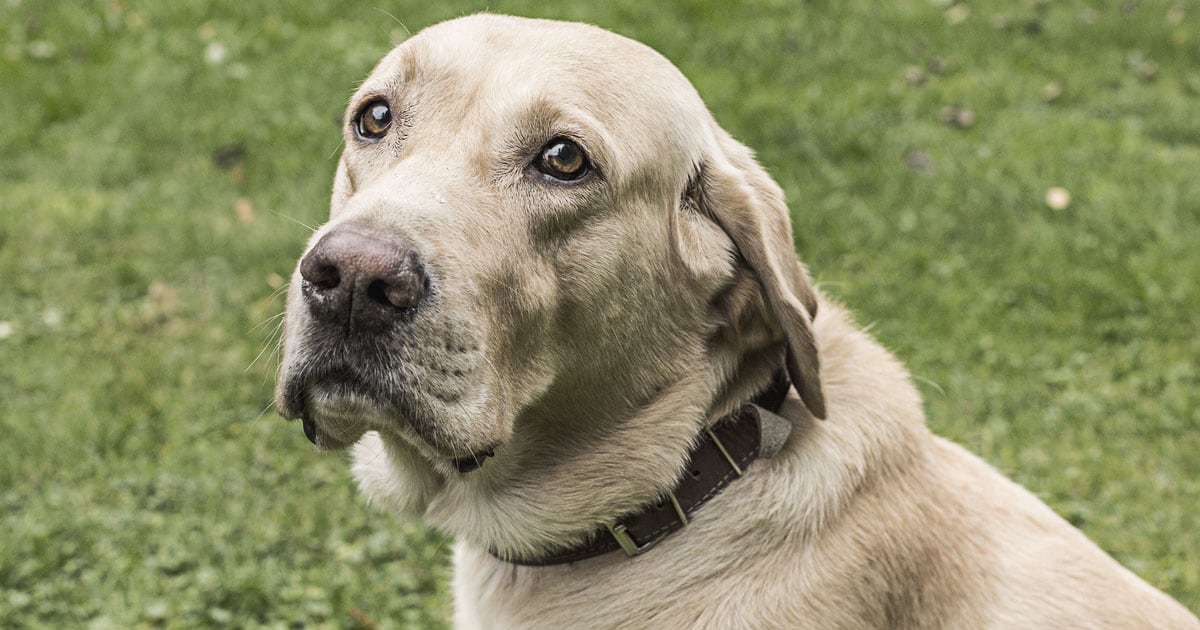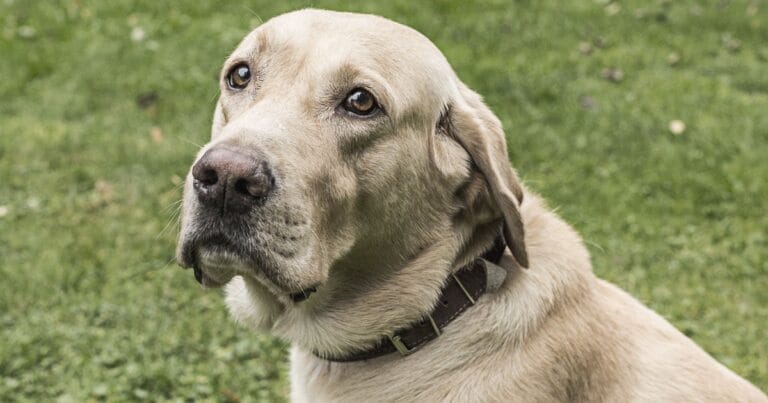A often digestive issue that various dog owners deal with is dog diarrhea. It is exemplified by loose, watery stools and can be brought on by several things, including food allergies, infections, stress, and dietary changes. Dog diarrhea can cause dehydration and other health problems if it is not cured properly. In dogs, diarrhea can be a sign of a primary health issue and is an example of a disparity in the digestive procedure. Pet owners must keep a tight eye on their dog’s bowel movements and look for veterinarian focus if the situation increases or worsens. To find the basic cause of the diarrhea and select the best course of therapy, the right diagnosis is important.
Table of Contents
Toggle
The often, loose, or watery stools that dogs might have are famous as canine diarrhea. It is a basic problem among dogs because of their interest and proneness to ingest random things, which can leave them feeling sick afterward. Observing your dog’s bowel movements is also essential since they can be an early sign of common health issues, as continuous diarrhea can lead to dehydration or be a sign of further severe situations such as infections or organ dysfunction. In this blog, we will explain everything you are required to know about dog diarrhea, from its causes to prevention and even when to take your dog to the veterinarian.
What Are The Causes Of Diarrhea In Dogs?
Food sensitivity or allergies
Food sensitivity means your dog can not digest some food products, and food allergy means your dog’s immune system is sensitive to some ingredients. These both are the reasons that can irritate your dog’s intestinal tract and result in diarrhea.
Inflammatory bowel disease
Inflammation of the intestinal tract due to toxic materials produced by normal gut bacteria or bacteria themselves, parasites, and digested food proteins harm nutrient movement and soaking, which can lead to diarrhea. Inflammatory bowel disease is frequently a diagnosis of exclusion, meaning other causes of diarrhea have first been barred.
Instant changes in diet
Your dog’s stomach and intestinal tract may become responsive when eating an unfamiliar food product or ingredient for the first time. This quick change can lead to diarrhea.
Eating bad food and garbage
Bacteria increase on spoiled food and can cause bad reactions in a dog’s stomach. Garbage also has foreign materials that can cause diarrhea if consumed. These causes of diarrhea are frequently known as “dietary indiscretion” in the veterinary community.
Bacterial or viral infections
Bacterial or viral infections can upset dogs’ normal gut flora and result in diarrhea. Some basic infections are due to campylobacter, salmonella, and parvovirus.
Parasites
Gastrointestinal parasites, like whipworms, hookworms, and roundworms can cause diarrhea. Giardia can also lead to profuse diarrhea in dogs.
Non-gastrointestinal disease
Non-gastrointestinal cases like kidney disease, pancreatitis, liver disease, and Addison’s disease can be connected with diarrhea. Blood and urine testing enable this potential to be examined.
Medicines
Some medicines, like antibiotics, can cause diarrhea as a bad effect.
Stress
Traveling, separation, and boarding anxiety can lead to diarrhea.
Dog Diarrhea Treatment
Various treatment plans based on the common cause and seriousness of the issue may be employed for more serious cases of diarrhea in dogs.
Medicine – The veterinarian may suggest specific medicines based on the diagnosis. When bacterial illnesses are cured with antibiotics, anti-parasitic medicines are given if parasites are found. However, corticosteroids or other immunosuppressive medicines may be given for inflammation or immune-related situations such as IBD. Moreover, probiotics may be suggested to aid the gut flora return to its normal condition.
Dietary Control – For a time bland diet may be suggested in conditions of serious diarrhea. A new protein diet or a hypoallergenic diet may be needed in cases of food allergies or intolerances. Long-time dietary controls, like high-fiber or simply digestible meals, can aid in controlling symptoms and avoid flare-ups for chronic diseases.
Hydration Therapy – Because serious diarrhea can cause solid fluid loss, intravenous fluids may be important to refill the dog’s fluids and manage electrolyte balance, specifically when vomiting or protracted diarrhea is included.
Care For Long-Time – Dogs who going through long-term illnesses like pancreatic insufficiency or IBD may require continuous attention. To maintain gut health and avoid relapses, may require constant veterinary checkups, ongoing treatment, and maintained diets.
When To Be Concerned
If your dog has one or two episodes of diarrhea but is symptom-free, there is likely no need for concern. Observe your dog’s bowel activities to see if things clear up. Over 2 episodes could show an issue, so it is a good thing to call your vet if your pooch has over 2 bouts of diarrhea. If your dog looks like straining to pass a stool but is only passing a small portion of watery diarrhea, it could be suffering from a painful blockage due to the ingestion of a foreign thing, like a toy. This is a severe condition and needs instant veterinarian concern. Call your vet or head to the closest emergency animal hospital for care. Return bouts of diarrhea over a short time could also be a sign of a very severe health problem, specifically if your dog is too young, too old, or has a weak immune system. Your dog could be suffering from a life-threatening infection, like parvovirus or salmonella. If your dog is showing other symptoms different from diarrhea you should also take them to the vet as soon as feasible. Other symptoms to see for include:
- Vomiting
- Lack of Appetite
- Weakness
- Blood in stool
- Unusual drooling
- Unpleasant dry-looking eyes, dry nose, or dry, sticky gums
FAQs
When should we be concerned about our dog’s diarrhea?
If loose stool remains over two days, you should call the vet for a checkup.
How long does stress diarrhea in dogs remain?
Most of the dogs feeling stress colitis are back to normal in three to five days.
What food is best for dogs with diarrhea?
Plain Rice, Simple, Lean Protein, Potatoes, Pumpkin, Porridge Oats, Carrots, and Specially-Formulated Dog Foods.





